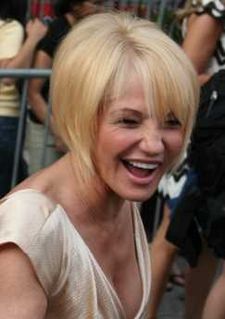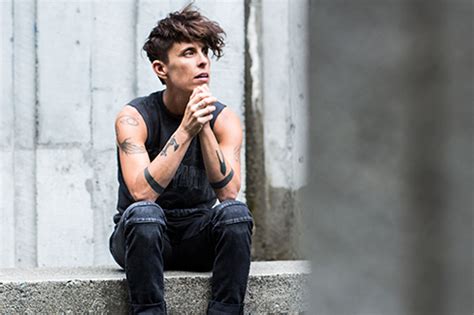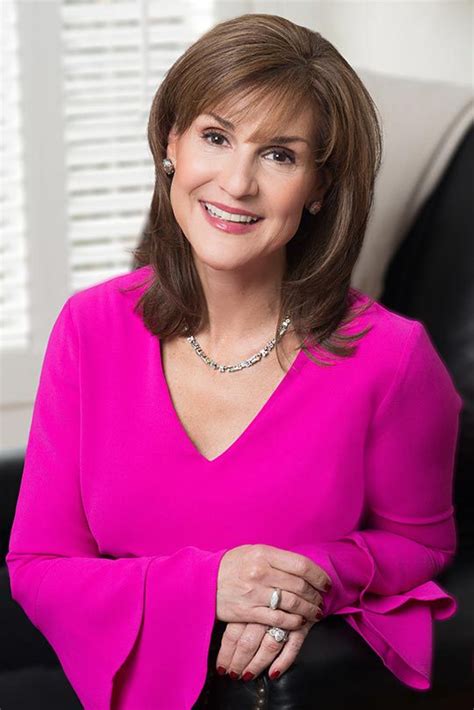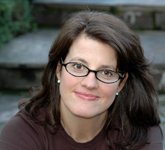A Quote by Ellen Barkin
I'm Method trained. How is this character like me? What does she think of her mother? What does her mother think of her? It's like construction, and then, yes, you hope you're talented and that the universe aligns and captures the kind of laborer's work you've done and whatever else sprinkles down on you, and it's all caught on film or onstage.
Related Quotes
Her mother was a Christian Scientist who didn't believe in calling doctors. So when my mother caught whooping cough as a baby, stopped breathing and turned blue, her mother revived her by spanking her on the bottom. She saw life itself as a gift and saw her own survival as precious and a matter of chance.
..when a war ends, what does that look like exactly? do the cells in the body stop detonating themselves? does the orphanage stop screaming for its mother? when the sand in the desert has been melted down to glass and our reflection is not something we can stand to look at does the white flag make for a perfect blindfold? yesterday i was told a story about this little girl in Iraq, six-years-old, who cannot fall asleep because when she does she dreams of nothing but the day she watched her dog eat her neighbor's corpse. if you told her war is over do you think she can sleep?
Mama?" "Yes, Emmy." She traced a rivulet of rain with her finger as it made its journey down the glass. "How do you know when it's been long enough?" Emmy could sense her mother smiling into the phone. "When you relaize that love doesn't have a time span. Only pain does. I think sometimes it's hard to distinguish between the two, so we just hold on to both of them like they're inseparable.
My mother was the kind of person who was very much part of her tribe and very much a satellite of her tribe. She was the girl who left her family at the age of 17 and went to Washington. My mother was orphaned at three and then was brought up by my aunt Goldie. So, yes she belonged, but there was a part of her that didn't.
Where woman has taken her place in business she has found her method ready-shaped for her, and following that, she does her work,if with a certain amount of monotony, yet without undue fatigue. Her hours are fixed, and as a rule she gets needful change of scene as she goes to her business and returns to her home or the place where she lives. But the "home- maker" has not, nor can she have, any such change, and her hours are always from the rising of the sun beyond the going down of the same.
The adolescent does not develop her identity and individuality by moving outside her family. She is not triggered by some magic unconscious dynamic whereby she rejects her family in favour of her peers or of a larger society.... She continues to develop in relation to her parents. Her mother continues to have more influence over her than either her father or her friends.
But her name was Esmé. She was a girl with long, long, red, red hair. Her mother braided it. The flower shop boy stood behind her and held it in his hand. Her mother cut it off and hung it from a chandelier. She was Queen. Mazishta. Her hair was black and her handmaidens dressed it with pearls and silver pins. Her flesh was golden like the desert. Her flesh was pale like cream. Her eyes were blue. Brown.
This is the one thing I hope: that she never stopped. I hope when her body couldn't run any farther she left it behind like everything else that tried to hold her down, she floored the pedal and she went like wildfire, streamed down night freeways with both hands off the wheel and her head back screaming to the sky like a lynx, white lines and green lights whipping away into the dark, her tires inches off the ground and freedom crashing up her spine.



































